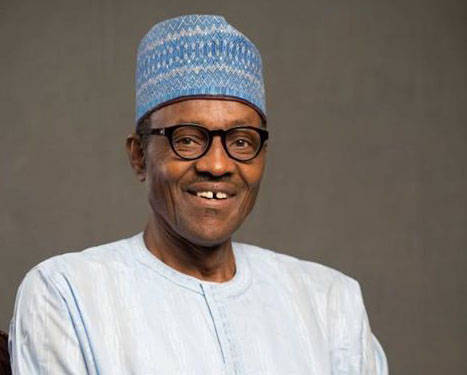I did not want to bother myself with the issues surrounding the politics of public officers asset declaration until notable Nigerians like Prof. Itsay Sagay –a renowned lawyer and human rights activist began to raise them. And the issues border on integrity and leadership by example and not necessarily on constitutional provisions.
The Nigerian constitution actually makes it mandatory for the President and other officials/officers of the state, especially the elected/appointed officers to declare their assets while taking over and leaving their offices with the Code of Conduct Bureau. But whether such declaration should be made public for the sake of transparency is a different kettle of fish. The Socio-Economic Rights and Accountability Project also lent its voice to the same call.
Sagay even said that it is compulsory. In the history of Nigeria’s Presidency so far, it was the late President Umaru Yar’Adua who publicly declared his assets while taking over the seat of power and he reportedly forced his then Vice-President Goodluck Jonathan to follow his example. It was when Jonathan became a man of his own that he reportedly did not “give a damn” in making the declaration of his assets public. And that was when the Nigerian populace began to doubt his integrity. Even the Code of Conduct Bureau still had to issue a 30-day ultimatum to him (Jonathan) and members of his cabinet instructing them to submit their asset declaration forms before leaving their offices. And nobody knows the assets. Some of them probably took night buses and stayed with their family friends while lobbying for the appointments. But before leaving offices, some could host parties, as it is alleged, outside the shores of the country.
Actually, no one is sure whether public declaration of assets was part of President Muhammadu Buhari campaign promises. But he gave an insight into what he is worth before his election. He was reported as saying that he had to raise a loan from his bank before he could purchase his party’s presidential nomination form which cost almost N27m. But Sagay is maintaining that the President and the Vice-President need to make their asset declaration forms public for the purposes of integrity and transparency if they must lead by example in their fight against corruption in the public sector. It is left for the President to heed the Professor’s advice or ignore it after all his deputy is also a Professor of law and a Senior of Advocate of Nigeria like Sagay. However, it is gratifying that the President has promised to fight corruption and reduce the cost of governance.
If he can actually do that and possibly reduce the cost of governance to as much as 50 per cent, it will be good for the economy. The money saved from such recurrent expenditures/overheads and sealing of leaking national treasuries can now be used to fix some basic and social infrastructure that are crying out loud enough for government’s attention. Hopefully, the new administration can be better positioned to pay more dividends of democracy to the Nigerian electorate.
For now, however, we should not be treating ordinary eczema while leaving out leprosy untreated. Within the first 100 days in power, let us encourage the new administration to fight more crucial issues of insecurity, corruption and lower the poverty rate which currently stands above 70 per cent to about 30 per cent. For now, we should leave the issues surrounding asset declaration for another day. What ordinary citizens want now is the grace to have food on their tables in habitable homes (whether rented or owner –occupied) and not under flyover bridges or on the walkways in our cities.

